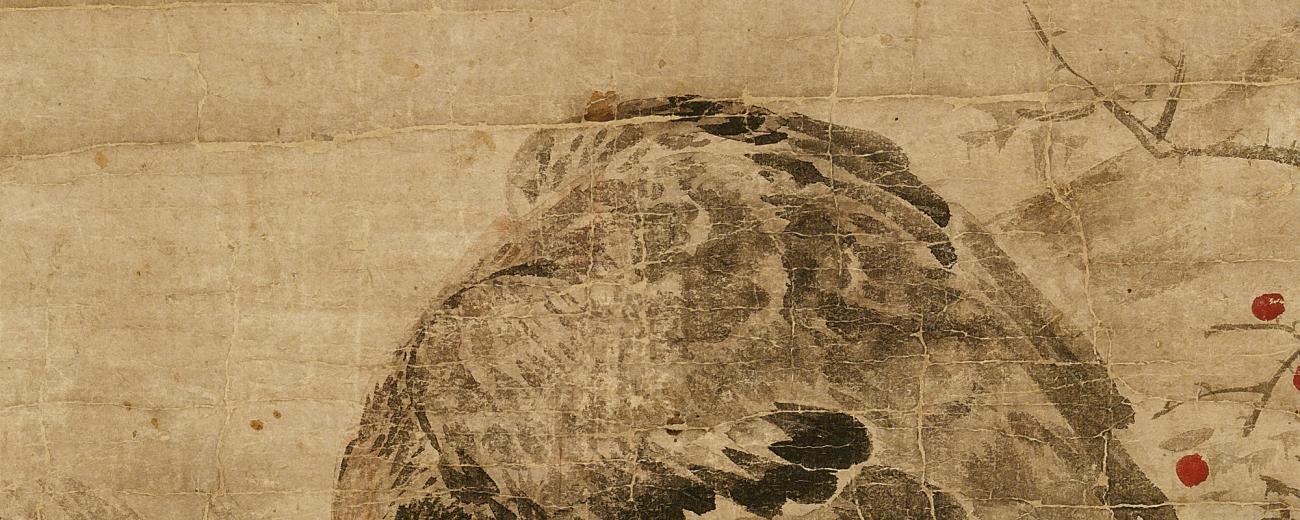
The Clash of the Falcons: Animals, Hunting, and Falconry in Premodern Korea

Key information
- Date
- Time
-
5:00 pm to 7:00 pm
- Venue
- Russell Square: College Buildings
- Room
- RG01
About this event
Image Source: National Museum of Korea
Abstract
This talk focuses on the transitional period of Northeast Asia from the late Koryŏ to the early Chosŏn dynasties (1270s–1500). During this era, as peninsular leaders expanded their governing influence over people and the environment through taxation, conscription, and resource extraction, human-animal relations became increasingly significant to politics, national security, and elite identities. Some of the best examples of human-animal interaction included the royal and elite hunts. Two forms of elite hunting practices emerged around this time. The first and grandest, led by the king, were large-scale annual events encompassing sometimes thousands of soldiers with formal set of rules for engaging animals. The second was the smaller and more intimate, personal hunting event, when the king or other elites hunted with a small entourage. Both forms of the chase were integral components to state building as the government extended its dominance over the land and beasts of the wild.
This talk first considers the private, personal hunts by the kings and his supporters during the fifteenth century. The second half extends this discussion to the moral economy of falconry. Falconry, another form of the private hunt, was woven into the cultural and political landscape of early Korea and Northeast Asia. A body of knowledge on falconry, some inspired from Chinese texts, and more from native Korean practices – shaped by political, geographical, and cultural beliefs – helped inform those involved in the sport and circulated even to the Japanese islands. Discussions over falconry at the court, one of the most extravagant forms of the personal, private hunt, shed light on important aspects of national and international politics and identity of the kingship and dynasty vis-à-vis contact with other empires, such as the Yuan and Ming, and people around the peninsula. For early Chosŏn kings, falconry was an extension of royal authority that conflicted more and more with the changing bureaucratic, economic, and moral needs of the new dynasty.
Speaker Biography
George Kallander is Professor of History and Director of the East Asia Program at Syracuse University (USA). He is the author of three books on premodern and early modern Korea. This talk is based on his forthcoming monograph Human-Animal Relations and the Hunt in Korea and Northeast Asia (Edinburgh University Press, May 2023). Kallander has received fellowships from the Institute for Advanced Study (Princeton), the Academy of Korean Studies, and Columbia University.
Registration
This event is free and open to public.
If you would like to attend in person, please register via Microsoft Forms.


